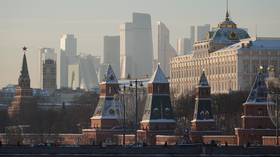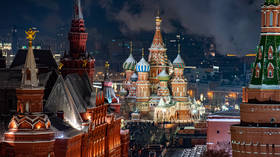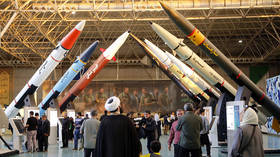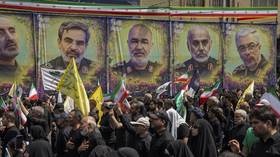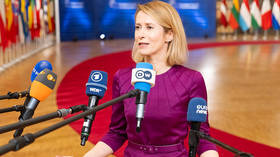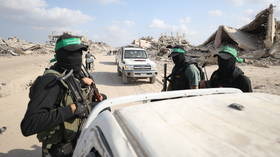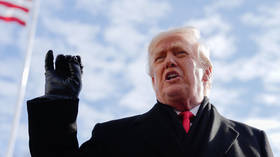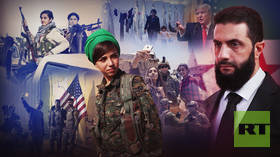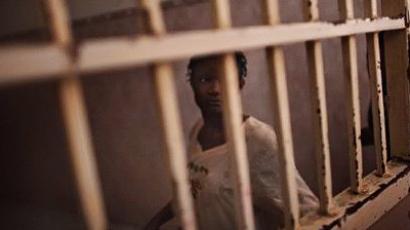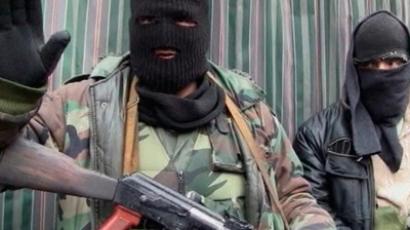Libyan shadow over UNSC
The way some UN Security Council members used the body’s resolutions on Libya to justify their backing for rebel forces in the country has created an obstacle to dealing with the civil conflict in Syria, India’s Ambassador to the UN has told RT.
Hardeep Singh Puri says the world’s top security body was hit hard by the Libyan experience, when nations sitting at the table ignored sections of the resolutions they were charged with implementing. “One of the difficulties we are having so far as the situation in Syria is concerned is that the Security Council’s experience in respect of Resolutions 1970 and 1973 on Libya is now vitiating the atmosphere in terms of the approach towards how to deal with the situation in Syria,” he explained, referring to the fact that despite all efforts, the UN Security Council has been failing to adopt any new document on the developing crisis in Syria for six months.The Indian diplomat says while the Security Council did authorize the use of force in Libya, the stated goal was to stop violence, and nothing more.“Yes, the UN was to get involved. It would have to take action in order to enforce a no-fly zone. The Resolution 1973 also speaks of ceasefire. And when we tried to invoke the ceasefire provision, some other countries, which were involved in the military operation, said that they did not want to consider the possibility of a ceasefire until the regime had been dislodged. I’m not saying it was done for a regime change, but that’s what it amounts to in the end,” he said.The creative interpretation of the UN SC’s collective will is not the worst problem with the Libya scenario, however.“There is a more serious issue. Resolution 1973 specifically refers to an arms embargo. But that resolution was interpreted, as some people said, as, ‘Well it means you can carry out a military operation against Gaddafi, but arms embargo does not prevent you from arming the rebels’. I find that situation unacceptable,” he stressed.“I have very often taken the lead in the Council to say that words have meanings. And therefore when we agree to a form or a set of words, we should be clear among ourselves as to what it is that we are agreeing to. The imposition of the will of those who have military clout – it appears that in the context of the moment, of the immediate crisis, this approach is an approach that can be adopted. But in the long run, these things don’t work,” he concluded.


